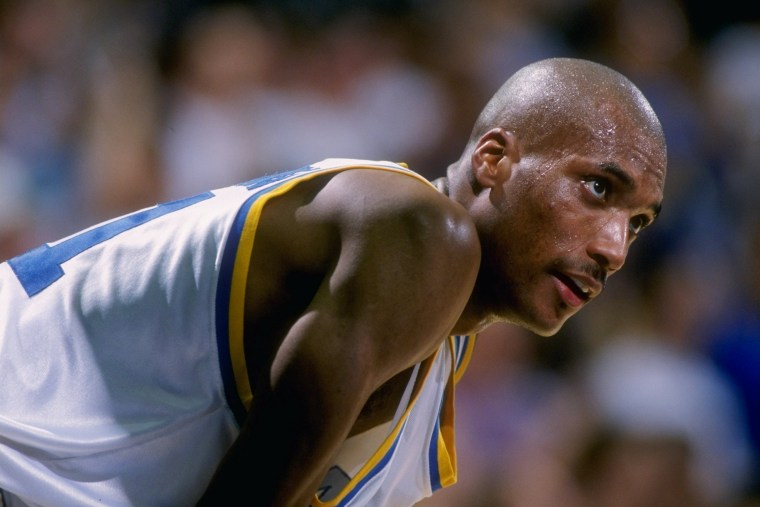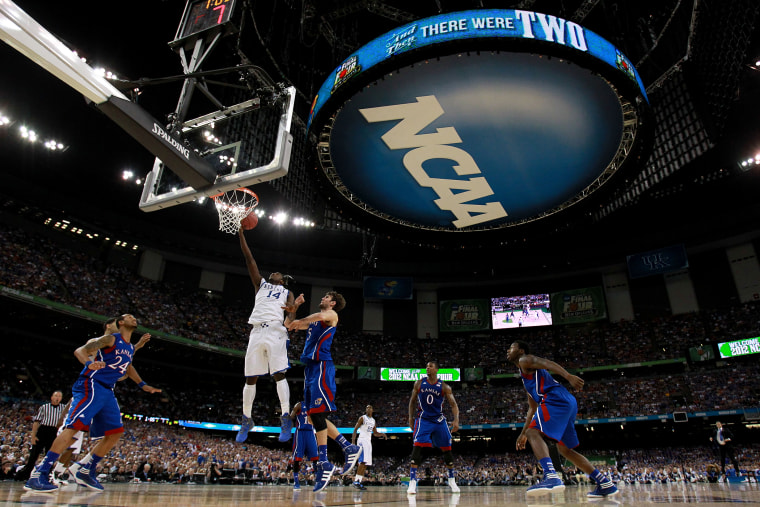In a game-changing decision that could permanently alter the lives of thousands of student athletes, a U.S. district court judge ruled Friday that colleges must now pay players money accrued from their names, images and likenesses.
The ruling comes in the midst of ongoing national debate over whether student athletes should be paid salaries for their services. And although this decision does not mean students will be paid to play sports, it does mark an important milestone in efforts to give the athletes more autonomy.
"The challenged NCAA rules unreasonably restrain trade in the market for certain educational and athletic opportunities offered by NCAA Division I schools,” wrote Judge Claudia Wilken, for the Northern District of California.
According to the decision, “any rules or bylaws that would prohibit its member schools and conferences from offering their FBS football or Division I basketball recruits a limited share of the revenues generated from the use of their names, images, and likenesses in addition to a full grant-in-aid."
In other words, schools will have to share profits made from jerseys and all other paraphernalia sporting a student's name or picture. The money will go into a trust for football and men's basketball players that will be payable once they graduate or when their eligibility expires.
The decision also allows the NCAA to cap the amount of money (but not below $5,000) in the trust and to restrict student athletes from using the funds to obtain other financial benefits while they are still in school.
NCAA president Mark Emmert has said he will appeal the ruling.
"There's a lot in the ruling that I think is admirable and that's consistent with arguments that we've been making all along," he told ABC's Martha Raddatz. "And there are some things about it that we really fundamentally disease -- disagree with, most notably, we disagree that there's a violation of anti-trust laws going on here. And we'll probably continue to argue that in the coming months and beyond."

The lawsuit against the NCAA was brought by former UCLA basketball star Ed O'Bannon.
"What we did is just a small amount of change," O'Bannon told ESPN in his first interview following the landmark decision. "This is just the tip of the iceberg. I think that a lot of change is going to happen. This is just the beginning."
O'Bannon, who helped lead UCLA to a Division I championship title in 1995, has been frustrated by the use of his name and image in video games without compensation or permission.
"My biggest thing has been change," O'Bannon said. "These rules have been in place for a hundred years and there has been no change. Times have changed, the economy has changed, the players themselves have changed, the salaries of the coaches have changed. Everything has changed except for how a player is compensated. And whether [they're paid] while they're in school, or whether it's once their eligibility is up, that part of the game has to change."
